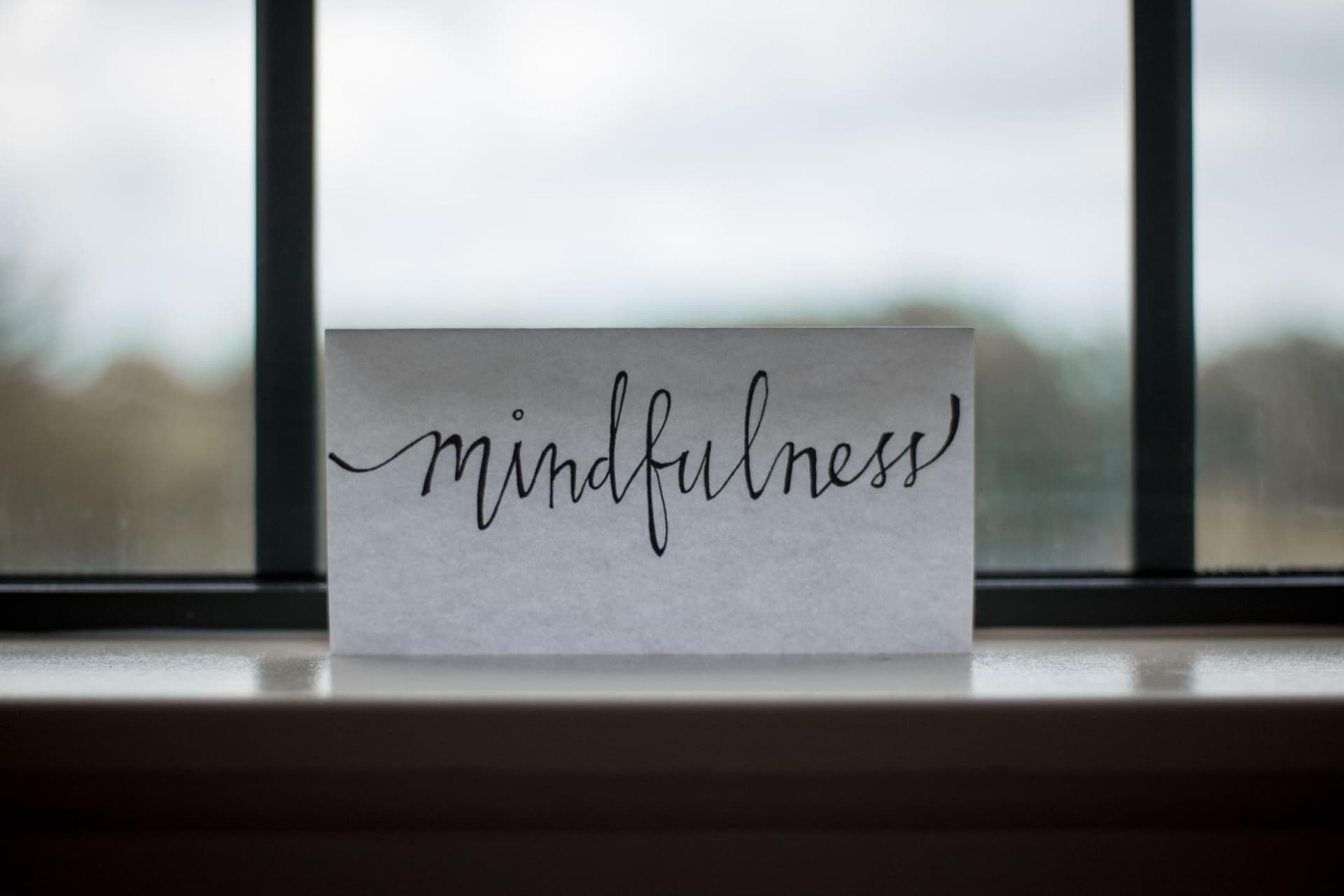
Mindfulness meditation: discover the power of the present moment
Introduction:
In the frenzy of modern life, we are often distracted by thoughts about the past or fears about the future, losing touch with the present. Mindfulness meditation is an ancient practice that invites us to reconnect with the present moment, without judgment. Through awareness and attention, we can discover an extraordinary power in the here and now.
"Mindfulness Meditation: Rediscovering the Joy of the Present Moment"
Our mind is accustomed to wandering between memories of the past and worries about the future. This can create stress, anxiety, restlessness, and dissatisfaction. Mindfulness meditation teaches us how we can manage these emotional states by abandoning negative thought and action habits and replacing them with new habits, beginning to fully embrace what is happening in the present moment. This requires active awareness and focused attention.
Cultivating Awareness: The Power of Mindfulness Meditation
When practicing mindfulness meditation, we focus on the breath, bodily sensations, or other objects of attention. This allows us to stabilize the mind and develop an open and non-judgmental awareness. In the present moment, we can experience a deep sense of calm and inner peace.
How Mindfulness Meditation Can Transform Your Life
An important aspect of mindfulness meditation is acceptance. This means welcoming and observing thoughts, emotions, and sensations without trying to change or judge them. This compassionate attitude helps us develop greater understanding of ourselves and others.
The present moment is the only time when we truly live. The past is just a memory and the future is just an idea. Only in the present can we experience joy, love, gratitude, and all other positive aspects of life. Mindfulness meditation teaches us to tune into these experiences and fully appreciate them.
Living Fully: Discover the Transformative Power of Mindfulness Meditation
Regular practice of mindfulness meditation can lead to numerous benefits. It reduces stress and anxiety, improving our ability to handle daily challenges. It enhances concentration and productivity, helping us be more present and attentive in our activities. It promotes emotional well-being by increasing awareness of our emotions and allowing us to respond more constructively.
Mindfulness Meditation and Acceptance: The Secret to Greater Understanding of Self and Others
Beyond individual benefits, mindfulness meditation can have a positive impact on interpersonal relationships. When we are present and attentive, we are better able to listen to others, understand their needs, and respond empathetically. This leads to more effective communication and deeper bonds with others.
Embracing the Present: The First Step Toward Inner Peace with Mindfulness Meditation
To experience the power of the present moment through mindfulness meditation, you can start with a simple practice. Find a quiet place, sit comfortably, and begin focusing on your breathing. Observe the flow of air entering and leaving your body without judging anything that arises in your mind. Focus all your attention on points of breath observation:
- you can observe the breath through the nostrils. You will feel cool air coming in and warm air going out;
- you can observe the breath from the chest. You will feel your chest expanding with each inhale and contracting with each exhale;
you can observe the breath from the abdomen. You will feel your abdomen inflating with each inhale and deflating with each exhale;
Obstacles to Mindfulness Meditation
Practicing mindfulness meditation can be difficult at first, especially for beginners. Here are some common obstacles and how to overcome them:
- Restless mind: when we start meditating it can be hard to keep the mind focused on the breath or chosen object of attention. To overcome this obstacle, try focusing on the sensation of breathing or on your object of attention every time your mind starts to wander. Do not judge your thoughts but simply observe them and let them go.
- External distractions: noises, lights or other distractions may make meditation practice difficult. Try finding a quiet place where you can meditate, perhaps using headphones with relaxing music.
- Limited time: if you have little time available try meditating for a few minutes at a time—you might repeat this practice two or three times a day. Even just a few minutes of meditation can help reduce stress and anxiety. Start with one minute per day.
- Too high expectations: do not expect perfection in mindfulness meditation right from the start. Practice takes time and dedication—and every session may be different from another one. Accept your limits and try gradually improving.
In summary, practicing mindfulness meditation may be difficult at first but with dedication and consistent practice it is possible to overcome obstacles and experience its benefits for mental and physical health.
Francesca Paola Catrini
-
Mindfulness MBSR protocol facilitator for stress reduction
- Mindfulness meditation teacher
- Holistic Counselor in the self-help relationship
- Online consultant for personal growth and inner
well-being
- Expert consultant in Holistic Welfare-Wellbeing and Work-Life
Balance






